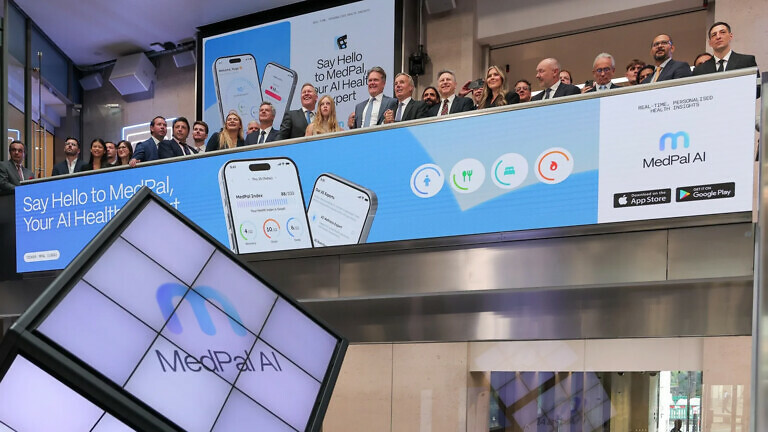A groundbreaking AI system developed by researchers at Swansea University and the Welsh Centre for Burns and Plastic Surgery is poised to end regional disparities in cancer care across the UK.
The innovative technology, which will be unveiled to the British Association of Plastic, Reconstructive and Aesthetic Surgeons (BAPRAS) in December, “promises faster, fairer, and more cost-effective cancer treatment”.
Skin cancer remains one of the UK’s most common cancers, with patients often referred to overstretched and expensive multidisciplinary teams (MDTs). Regional disparities in care – dubbed the “postcode lottery” – mean many patients miss out on optimal treatment.
Now, Swansea University researchers have developed an AI platform that integrates artificial intelligence (AI) and natural language processing (NLP) to analyse patient records, offering evidence-based treatment recommendations. These recommendations are reviewed by MDTs, streamlining decision-making and enhancing consistency in care.
The automation of routine decisions not only reduces clinicians’ workloads but could save the NHS billions while improving patient outcomes.
Staggering Accuracy and Impact
The AI system has already demonstrated its potential:
- 92% success rate in replicating clinician decisions in nearly 1,000 cases of basal cell carcinoma, the most common form of skin cancer.
- 97% accuracy in identifying cancerous tumours.
- 99% precision in predicting surgical outcomes.
Encouraged by these results, the researchers plan to expand the system to more aggressive skin cancers, as well as breast, prostate, and colorectal cancers.

The Future of AI in Cancer Care
The study, entitled ‘Modernising skin cancer multidisciplinary team meetings using natural language processing to develop and validate a fully automated, virtual, web-based model of delivery’ is due to be presented at the BAPRAS Winter Scientific Meeting.
“With the recent Darzi report suggesting the NHS is somewhat broken, and Cancer Research UK calling for a more structured, protocolised approach to MDTs, it is clear that our current system is not fit for purpose, and that digitalisation and technology hold the key to delivering faster, more effective healthcare for all,” says principal investigator, Doctoral Researcher/Plastic Surgery Specialist Registrar Mr Stephen Ali.
“I am excited that by learning advanced computing skills and bringing them to the healthcare sector during my PhD, I have the opportunity to potentially transform skin cancer treatment via the intersection of cutting-edge technology and clinical necessity. This platform has the potential to ease the burden on the NHS by improving efficiency in decision-making, and thus patient care.”
Next Steps and Broader Potential
The next phase involves testing the system on 4,000 cases to refine its accuracy and expand its capabilities. With a patent pending in the UK, the innovation stands to revolutionize cancer care nationwide.
Professor Iain Whitaker, Chief Investigator and Director of the Reconstructive Surgery & Regenerative Medicine Research Centre, Swansea University, Honorary Consultant Plastic Surgeon at the Welsh Centre for Burns & Plastic Surgery and BAPRAS member, says: “This novel use of AI in the field of plastic surgery is truly exciting and is timely in the light of the recent Darzi report and previous findings from the Royal College of Surgeons Commission on the future of surgery.
“This project has huge potential to revolutionise cancer care across the NHS. By integrating advanced computing models, we are addressing both the resource constraints of the NHS and the variability in care. With a patent pending in the UK, this innovation stands at the forefront of transforming clinical workflows, with the potential to vastly improve patient outcomes while significantly reducing costs.”
“This innovation will shape the future of cancer care,” says consultant plastic surgeon and BAPRAS president, Mani Ragbir. “By offering treatment that is more accessible and uniform, we can address the disparities caused by regional inequalities. Survival rates will no longer be influenced by geographic location, ensuring that everyone receives the care they require.”



